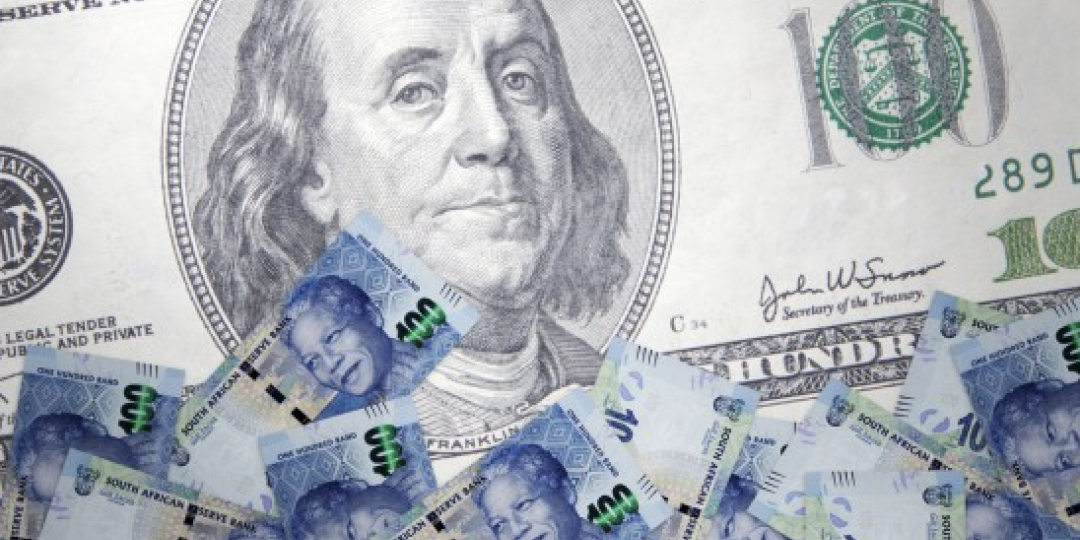US President Donald Trump’s assertion that a “discounted reciprocal tariff” of 30% against South Africa is justified because of 60% tariffs charged on exports from the United States is “a factual error”, Donald MacKay of XA Global Trade Advisors has said.
Speaking after Wednesday’s Washington announcement in which Trump used a chart to illustrate apparent tariff disparities between the US and trading partners now facing punishing import tariffs, the CEO of the trade consultancy said South Africa’s tariff average on US goods was 7.5%.
He said if Trump’s logic behind the implementation of new tariffs for imports was followed through, goods sent to the US from South Africa should be tariffed at 3.75%, not 30%.
MacKay is not the first trade analyst to suggest that the Trump administration's ‘Liberation Day’ tariffs — named for their intended goal of boosting US economic growth — are leading to self-defeating protectionism.
He said, of the goods worth R153 billion that South Africa exported to the US in 2024, about half were minerals, “and about half of that is platinum”.
MacKay said the “motherload” of platinum is found in South Africa, and without it, the US automotive market wouldn’t be able to function.
“It’s very easy to sign off on a tariff policy; much harder to build a factory. The US isn’t miraculously going to have the capacity to build all of these cars,” such as Mercedes Benz and BMW units locally manufactured and exported to the US.
Earlier this week, Mining MX reported that available information does not explicitly outline which South African products are affected, including platinum exports.
Given that platinum group metals (PGMs) are vital to various US industries, any tariffs on these could have significant implications.
For instance, the World Platinum Investment Council estimated that a 25% tariff on vehicles could reduce platinum automotive demand by approximately 70 000 ounces. This suggests that while PGMs might not be directly targeted, indirect effects through tariffs on related industries could impact demand.
MacKay added that it remained to be seen whether US tariffs of 25% imposed on assembled vehicle units were included in the 30% “discounted reciprocal tariffs” announced on Wednesday.
He identified East London (vehicle manufacturing), the Western Cape (fruit), and Richards Bay (aluminium) as areas that will be hit hard by Trump’s tariffs.
Of the almost R12 billion in steel and aluminium exported to the US in 2024, about R8bn was aluminium, directly impacting South32 and the roughly 2 000 people employed by the smelter.
He added that it did not make sense that the US would seek to tariff fruit imports from South Africa as its own fresh produce capacity was counter-seasonal to locally grown citrus and grapes intended for export to Northern hemisphere markets.
Be that as it may, MacKay said the African Growth and Opportunity Act (Agoa), under which South Africa had preferential access to the US, “officially ended” on Wednesday.
“It doesn’t matter that there is an Agoa review process in September. With a 30% tariff, the 3.5% benefit that we get on average out of Agoa has truly become meaningless.”
He warned that US protectionism could lead to a surplus of export goods the world over, as countries sought alternative markets to the US, possibly resulting in anti-dumping and safeguarding actions.
“We’re in for a rough ride that is going to take a clever response,” MacKay said.
South Africa has until 9 April to stave off trade tension with the US, failing which the “reciprocal tariffs” will be implemented, the Trump administration has said.













